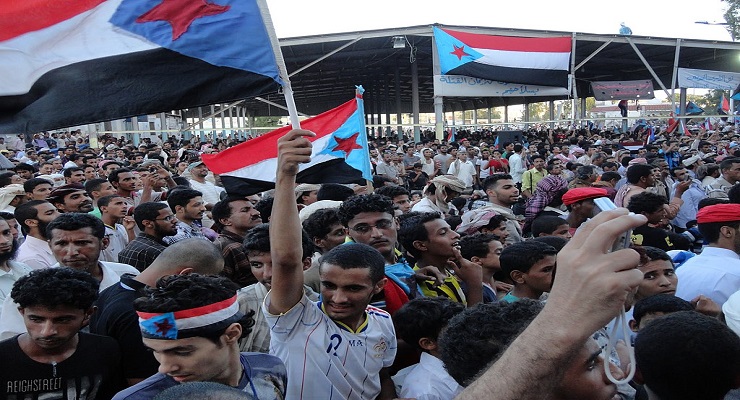
From Democracy Digest, the National Endowment for Democracy’s daily blog.
Recent disturbances in Arab countries have not yet become as far-reaching as what ensued after a Tunisian fruit vendor immolated himself in protest nine years ago, but observers are already talking about an Arab Spring 2.0, notes analyst Paul Pilar. Extensive unrest has materialized in the streets of Iraq and Lebanon, along with less salient protests in Algeria, Sudan, and elsewhere. Two striking aspects of the current protests stand out and are relevant to Western policies toward the region, he writes for the National Interest:
-
- One is that the sources of discontent are primarily old, familiar ones that also underlay the first Arab Spring. They involve the basic human desire for a better life. Simply put, the target of the discontent is the inability of existing political systems to deliver services and economic opportunity in a fair, uncorrupt, and effective way…..
- The other major attribute of Arab Spring 2.0 is that it differs from common U.S. perceptions of troubles in the Middle East…. Over the longer term, the inability of the U.S.-shaped Iraqi government to deliver corruption-free services and opportunities has dominated popular sentiment and underlies the current unrest. There are some parallels with post–Soviet Russia, where any early happiness about shedding the Soviet system became overshadowed by unhappiness over corruption and inadequate public services, leading some to mourn the passing of that system.
Suddenly it no longer looks like the Arab Spring ended or failed, a leading expert suggests. It looks as though what started in 2011 is continuing, with setbacks and interruptions but continuing nonetheless. Without ever mentioning democracy, the Arab peoples are demanding government accountable to the people, they are demanding social justice, and they are rejecting autocracy and kleptocracy, says Eugene Rogan, Director of the Middle East Center at St. Antony’s College, Oxford University, and author of The Arabs: A History (above, Penguin 2009) and The Fall of the Ottomans: The Great War in the Middle East, 1914-1920 (Penguin 2015).
Read the full article here.
Leave a Reply